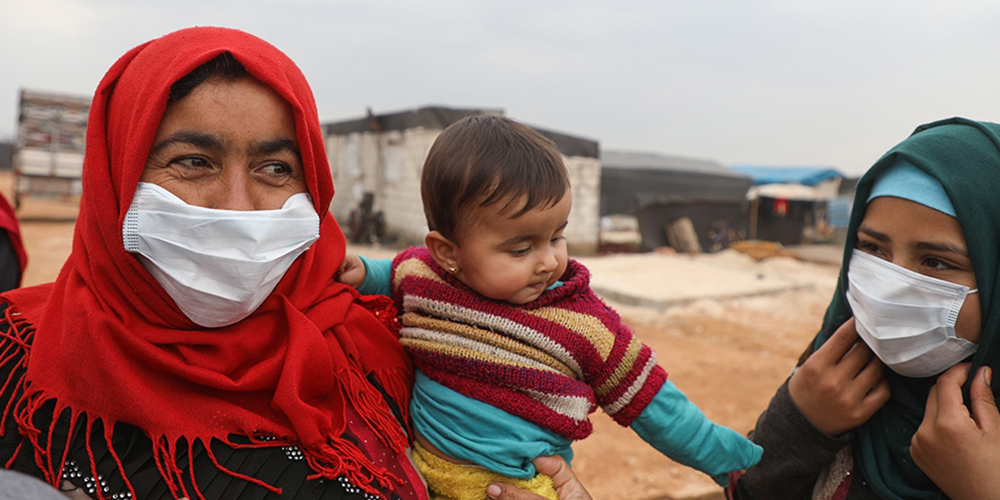
The Health Ministry of Syria has reported that there have been 50 COVID-19 cases in Syria with 36 recoveries and 3 deaths. Figures, however, might be much higher because of shortage of testing kits and poor health facilities. Many also suspect that figures are being under-reported due to censorship of the press. The Health Ministry’s figures apply to its territories with the other areas (including the northeast) having to rely on humanitarian aid organizations and other actors dealing with shortage of resources themselves.
Various restrictions on aid including that of the Security Council, Kurdistan Regional Government and the Syrian Government have led to shortage of medical supplies and other necessities in the northeastern region of the country with the efforts by Turkish backed forces to cut off water supply worsening the situation. In addition, Donald Trump’s decision to cut funding of the WHO, which is already facing a 40% reduction in funding of its operations in the country, would only exacerbate its ability to respond to the situation.
The lockdown that was once imposed by the government in territories under its control and now has been eased, has worsened an economy hit by years of fighting. Inflation, unemployment and poverty have increased due to trade and transport being affected by the lockdown as well as the surge in demand for necessities during Ramadan. Pharmaceutical companies in Syria have increased their production of hydroxychloroquine, various antibiotics and other drugs that have not been proven to combat COVID-19 and are being sold ten times their prices on the black market. Militant groups including the Islamic State have increased their attacks as authorities and other actors are dealing with tackling the pandemic. Kurdish police in northeast Syria are being targeted by ISIS, as they implement lockdown and other precautionary measures.
On the political front, the temporary ceasefire between Russia and Turkey in Idlib continues to hold, however, there have been reports of limited fighting between the parties concerned and violations by the Syrian government. Turkey has also expressed its displeasure over US backed peace talks between Kurdish rival groups. Healthcare facilities in Idlib have been destroyed (with three hospitals having to provide for 1.5million people), limited supply of water, poor sanitation and overcrowded camps that would put thousands at risk.
Written by
Medha Nibhanupudi, Intern